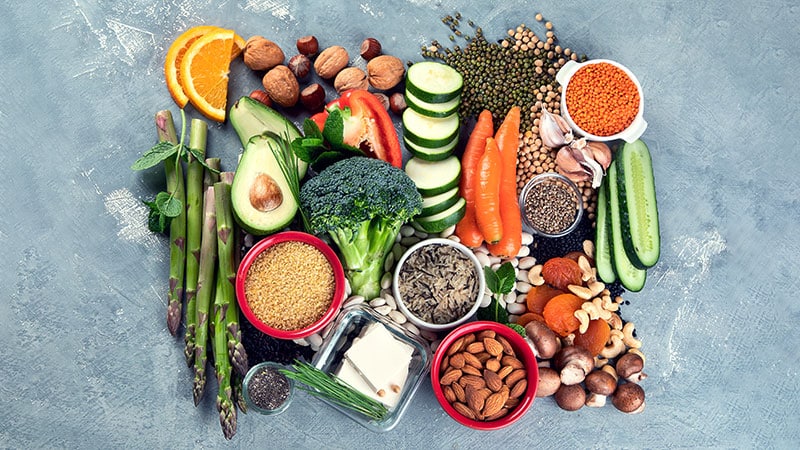The recently released 2024 Kidney Disease: Improving Global Outcomes (KDIGO) Clinical Practice Guideline for the Evaluation and Management of Chronic Kidney Disease (CKD) offer a renewed focus on early diagnosis and intervention, and specifically specialty referral to reduce mortality and postpone the progression of both CKD and cardiovascular disease. Even when treatment with kidney replacement therapy is not an option, lifestyle changes can postpone disease progression.
KDIGO recommends referring patients to nephrology services when their estimated glomerular filtration rate (eGFR) is < 30 mL/min/1.73 m2. Late referrals to nephrology have been shown to increase progression to end-stage renal disease and increase the need for kidney replacement therapy.
In my experience, late referrals result in patients who are overwhelmed and undereducated about their disease state and treatment options, which often leads to decreased compliance with medications, diet, dialysis, and other interventions.
The most cost-effective — and possibly most efficient — of these treatment options are lifestyle changes, including exercise, increased intake of plant foods, and regular review of over-the-counter supplements and herbs.
Exercise for Prevention
KDIGO recommends at least 150 minutes of vigorous or moderate exercise each week for appropriate patients. For patients with obesity, hypertension, or diabetes, exercise can prevent CKD progression. The guidelines note that individual activity recommendations should be based on each patient’s abilities, comorbidities, frailty, fall risk, and resources.
Guidelines released in 2012 recommended that clinicians advise patients to maintain a body mass index (BMI) of 20-25. The updated guidelines do not make this recommendation and refer to weight loss only for patients with obesity (BMI > 30).
Clinicians may find this update refreshing, as research has shown that patients over 65 years of age with a BMI in the overweight range have lower mortality rates than those with a BMI < 25. This gives those of us interacting with patients the support we need to address actual problems with our patients, instead of wasting precious time educating about weight loss in a population that may not benefit from it.
More Plants, Fewer UPFs
The new guideline recommends limiting the intake of ultraprocessed foods (UPFs), which is in line with previous recommendations. Highly processed items are often high in sodium, sugar, and bioavailable potassium, and may promote hyperuricemia. The recommendation to limit intake of processed foods is expected to benefit CKD patients suffering with many comorbid conditions, such as diabetes, hypertension, heart failure, liver disease, and gout.
The most notable update is an emphasis on the intake of plant foods. This has long been a contentious topic in the world of nephrology, as nuts, legumes, fruits, and vegetables can be rich in potassium and/or phosphorus.
Although the recommendation remains that patients with or at risk for hyperkalemia limit their intake of potassium-rich foods, potassium intake from processed foods is a primary concern. This reinforces other recommendations to limit UPFs without undercutting the importance of an adequate intake of whole foods.
Research has shown a correlation between a plant-based diet high in potassium-rich fruits, vegetables, and legumes and a slowing of CKD progression, probably through the resolution of metabolic acidosis. I have worked with many CKD patients who began cutting out legumes, fruits, and vegetables — even those not high in potassium — because they’d been misinformed by friends, family, the internet, and even other healthcare professionals. For this reason, I found this recommendation especially heartening and hope to see positive effects from the updated guidelines in the coming years.
Review Supplements and Herbal Remedies
Recommendations that medications, supplements, and herbal remedies be reviewed for nephrotoxicity have long existed. However, the recent guidelines encourage the incorporation of the interdisciplinary team — namely pharmacists — in the management of complex medication regimens.
Pharmacists tend to be underused in the renal world. They are our go-to professionals when we have questions or concerns about a prescription, but they are also trained in the use of supplements and herbal remedies. I have seen patients withhold turmeric, fish oil, colloidal silver, hibiscus tea, and more from their medication lists because they don’t view supplements as drugs worthy of their clinician’s attention. And although some supplements, like fish oil, may be beneficial for the kidney patient, the same cannot be said for other supplements, particularly when it comes to drug interactions and polypharmacy.
Healthcare professionals, including nonprescribers like RDs and RNs, should consistently support the interdisciplinary team by asking patients about additional supplements they are taking and providing appropriate education on supplementation and its potential dangers. As a dialysis dietitian, I was often on the receiving end of patient questions regarding various herbs and supplements. Those questions gave me the perfect opportunity to discuss the importance of transparency with patients and to encourage them to bring questions about supplementation to the team.
On review of the updated guidelines, I found the repeated recommendation for the use of an interdisciplinary team of specialty nurses, pharmacists, therapists, and dietitians most encouraging. We cannot be all things to our patients, but with a team approach, we don’t have to be. This approach to kidney care can educate and empower people living with CKD to do all they can to prevent the progression of their disease while making allowances for patient choice and quality of life.

